Homayoun sanaty Zadeh
Homayoun Sanatzadeh is the founder of Franklin Publishing in Iran. There has been much talk and talk about Franklin publications here and there, but the industrialist's own narrative is empty, and he now spends part of the year in Kerman and another outside of Iran. In Kerman, he is planting Mohammadi flowers and exporting pure and natural essential oils to the prestigious world market of perfumes and cosmetics. His job did not allow us to talk face-to-face with him, Michael Griffin, a Middle East correspondent, conducted an interview with Homayoun Zadeh, which we used in coordination with him.
Whatever happens in life, says Homayun Industri in his temporary apartment in Chelsea, London. I have spent 81 times rotating the planet around the sun, and everything that happened during that time was by accident. Now an Iranian millionaire, he goes to the Mayo Clinic for his medical examinations and visits Bandar Abbas in the winter. He comes to London for legal advice. But every summer he can be found in Kerman, a city in southeastern Iran, when the Zahra Company's rose brewing takes place. Gulab Zahra is a company he founded in the late 1950s. In June last year, Gulab Zahra produced 100 kg of essential oil of Mohammedan flower, which was sold for $ 7,500 per kilo to perfumers and cosmetics manufacturers in the European Union, particularly Germany. Homayoun started his career as an antique in the Old Market in Kerman, and then, along with his father, bought and sold carpets and gems. He can be seen as instrumental in establishing the literary empire in the pre-revolutionary period. Prior to the revolution, he ran a date factory and a pearl trading company. After the revolution, he was imprisoned for a period of five years, all of which by accident. He inherited his ingenuity and ingenuity from his grandfather Haji Ali Akbar Industrial. He sees his grandfather as a simple, uneducated person who believed he could look at the world and understand what was happening.
As a young man, he had traveled to Bandar Abbas and then to India and Istanbul, paying for his travel to work. Then after 10 years of wandering around Europe and Russia, he returned to Iran. "My grandfather had come to the conclusion that Iran needed two things for development: science and industry, and he was particularly interested in industry, and that is probably why he chose industry as his last name," Homayoun says. It was he who chose and at the same time established an orphanage. "
The first of the family's wealth came when the industrialist invented a washable military helmet that was widely used in World War I, and the second was indirectly from his interest in the therapeutic impact of calligraphy and painting. The orphans were shocked and damaged by the children, which continued later and became a vehicle for Iranian art genius.
Homayoun, who is now in her eighties, recalls the history of art in her family. He says: "I had organized an exhibition of expressionist artists in Tehran in 1331. The cultural affiliate of the US Embassy came there and told me: Franklin Publishing wants to establish a publishing house in Iran. I told the book all the time. A few days later they offered me the job. I also told them I didn't know anything about the book. They replied: That's why we chose you. "
Franklin was a charity established jointly by the Association of American Publishers and the Association of American Libraries to help developing countries publish and distribute books in their native language. To maintain its political independence, the Franklin Institute relied on donations from ordinary individuals, and from these donations to translate classics of American literature, foster native textbook writers, and expand the capacity to print and support literacy programs in 17 countries in Asia, Africa and the Americas. Latin America was spending.
After Homayoun, who was no more than 28 years old at the time, rejected the offer, the Franklin Institute asked him to use his office mailing address to send his packages. Shortly thereafter, several parcels arrived. "After two weeks, I was curious and opened the package," said Homayoun. "It contained simple books for children and adolescents with color printing. What about books like Electricity? What is Meteorology? What is Astronomy? I took them to a familiar publisher and I said suppose I translated these, she turned the books over and said, "Well, I said you were paying her copyright? And she wrote and gave me a reply. And I became a Franklin curator in Iran. I reported the case to the Franklin Institute." And I said I got the books and I got the publisher and I got the pay and I want to give the books to translate. I told them I would not let you choose the books because I am a business person and I know which publication would be successful. We had to keep the customer satisfied and the whole printing industry was gone. It was up to me. "
Industrial has been the program manager of the Franklin Institute in Iran for 16 years, during which time he has organized and managed the translation of 1,200 titles. Two years later, the Franklin Institute in Tehran became so financially fragile that the other institution cut off its annual financial aid. Homayoun also thought of a way to apply the head
شما اینجا هستید
تبهای اولیه
Block content

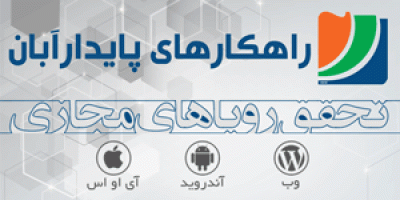
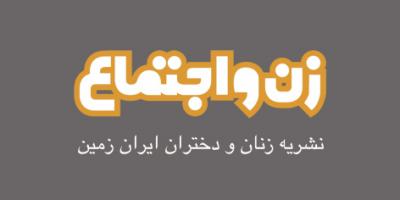
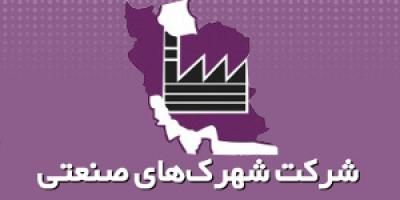

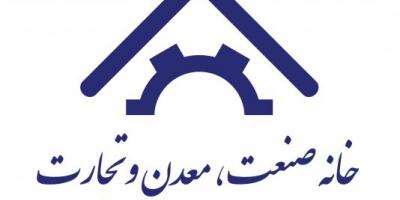
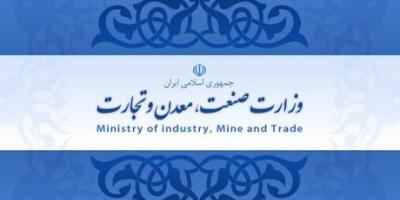
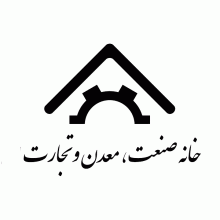
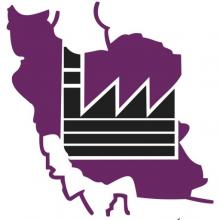
دیدگاهها